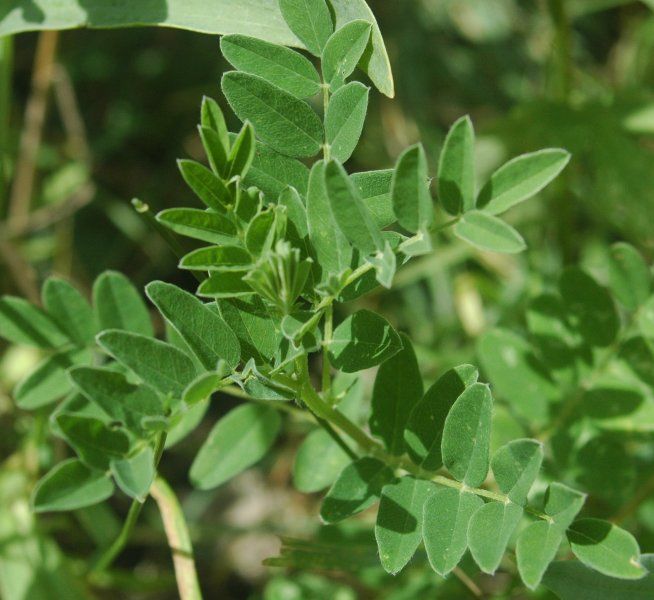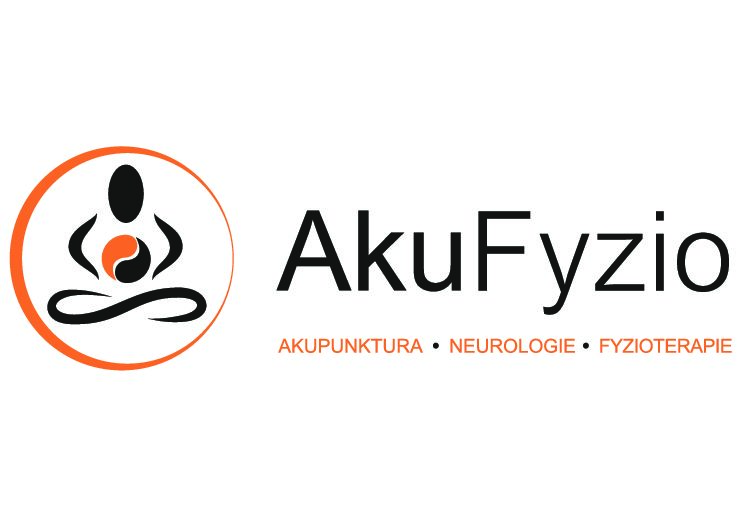KOZINEC BLANITÝ
Astragalus membranaceus
Huangqi (chuang-čchi)
KOZINEC BLANITÝ
Latinsky: Astragalus membranaceus
Čínsky: Huangqi (chuang-čchi)
Čeleď: Fabaceae (bobovité)

Droga
Chuť
Povaha
Tropismus
Charakteristika léčiva
- Patří mezi léčiva doplňující čchi
Účinky dle tradiční čínské medicíny
- Doplňuje čchi a zvedá jang
- Podporuje čchi a zpevňuje povrch
- Vytlačuje vředy a rodí svalstvo
- Odvádí vody a zatlačuje otoky
Použití
- Posiluje čchi a doplňuje slezinu, zvedá jang, čímž zpevňuje povrch těla a zdvihá propadající se, doplňováním čchi podporuje tvorbu krve a tkání a má schopnost odvádět vodu
- Léčí příznaky prázdnoty a propadu čchi sleziny, spontánní pocení z nepevnosti povrchu, otoky a vředy v důsledku prázdnoty čchi, nedostatečnost krve a tekutin rovněž z prázdnoty čchi
- Užívá se při poruchách trávení, diabetu, je žlučopudný, močopudný a potopudný
- Snižuje hladinu cukru v krvi a krevní tlak
- Je součástí redukčních směsí při obezitě
- Má antibakteriální účinky, velmi dobré antioxidační účinky, chrání jaterní buňky, zlepšuje funkci kůry nadledvin
- Posiluje imunitu, používá se v prevenci nádorových onemocnění, viróz
Kontraindikace
- Není vhodný při plnosti v povrchu, vnitřních stagnacích a akumulacích a vředech z horké jedovatosti
- Nesmí se kombinovat s Magnolia officinalis a Armeniaca mume
Poznatky z nedávných vědeckých studií
Astragalus membranaceus: A Review of its Protection Against Inflammation and Gastrointestinal Cancers. Auyeung KK, Han QB, Ko JK.Am J Chin Med. 2016;44(1):1-22 - Astragalus-based treatments have demonstrated significant amelioration of the toxicity induced by other concurrently administered orthodox drugs (e.g., immunosuppressants and cancer chemotherapeutics). The major components of Astragalus membranaceus are polysaccharides, flavonoids, and saponins. Contemporary use of Astragalus membranaceus mainly focuses on its immunomodulating, anti-oxidant, and anti-inflammatory, as well as anticancer effects. In this paper, we summarize the properties of Astragalus membranaceus and its major constituents in the biological system based on experimental and clinical studies. The antitumorigenic mechanisms of a novel Astragalus saponins extract called AST in treating various gastrointestinal cancers are highlighted. We discuss in detail how the Astragalus herb and AST influence the immune system, modulate various cancer signaling pathways, and interact with specific transcription molecules during protection against gastrointestinal inflammation and cancers.
The Antioxidant Effects of Radix Astragali (Astragalus membranaceus and Related Species) in Protecting Tissues from Injury and Disease. Shahzad M, Shabbir A, Wojcikowski K, Wohlmuth H, Gobe GC.Curr Drug Targets. 2016;17(12):1331-40 - Constituents of the dried roots of Astragalus spp. (Radix Astragali) provide significant protection against heart, brain, kidney, intestine, liver and lung injury in various models of oxidative stress-related disease. Different isolated constituents of Astragalus spp., such as astragalosides, flavonoids and polysaccharides also displayed significant prevention of tissue injury via antioxidant mechanisms. In this article, the antioxidant benefits of Astragalus spp. and its isolated components in protecting tissues from injury are reviewed, along with identification of the various constituents that possess antioxidant activity.
The effects of Astragalus Membranaceus Active Extracts on Autophagy-related Diseases. Shan H, Zheng X, Li M.Int J Mol Sci. 2019 Apr 17;20(8):1904 - Astragalus membranaceus (AM), also named Huangqi, is one of the fundamental herbs in traditional Chinese medicine and its extracts have been proved to possess many biological activities related to autophagy, including anti-oxidation, anti-inflammation, anticancer, anti-photoaging, and improvement of cardiomyocyte function. Evidence suggests that AM extracts can have therapeutic potential in autophagy dysregulation-associated diseases because of their biological positive effects. Here we will review the literature concerning the effects of AM extracts on autophagy dysregulation-associated diseases.
Zdroj informací:
V. Ando - Farmakologie klasické čínské medicíny, Svítání, 2007
P. Valíček - Léčivé rostliny Číny a Vietnamu, 3. díl; Start, 2014
Zdroj obrázku: I, Doronenko / CC BY-SA (http://creativecommons.org/licenses/by-sa/3.0/)
